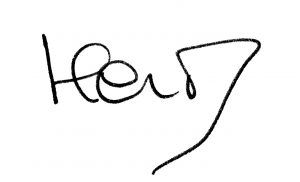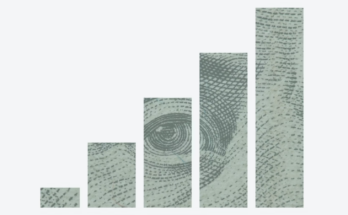My first real consciousness of the super-rich happened as a teenager while working over the summer for my black-sheep uncle, a 1960s hippy turned Parisian artisan woodworker for the rich.
My uncle and I were fixing wooden boards to a hot tub in the grounds of a gorgeous house, surrounded by glorious French countryside, when he revealed that the house was one of about a half dozen that the owner possessed around the world. So the skilfully and expensively constructed tub would hardly ever see any use. Later that week we were dinner guests to one of his previous clients and I asked him what he did for a living, social faux pas according to my uncle. It turned out he didn’t do anything as he was living off a trust fund. My eyes were opened.
But this was in the seventies, the brief high point of relative equality in the UK and much of the Global North. Nevertheless the decade’s growing equality was seen as a low point by my parents and their peers. My mother told me that an equal world was a grey and dull one, even if my youthful mind might think fairness was a good thing and my father was not being adequately paid for his hard work.
If you have the money to afford an accountant that can make most of your tax bill miraculously disappear, why wouldn’t you?
For the next few decades inequality lost political interest with even the New Labour Svengali, Peter Mandelson, famously declaring in 1999 that he was “intensely relaxed about people being filthy rich so long as they pay their taxes”. Of course most of them didn’t; if you have the money to afford an accountant that can make most of your tax bill miraculously disappear, why wouldn’t you? Trump made it into a badge of honour – only stupid, rich people paid tax.
While this move away from valuing equality was not led by mainstream economics, it was certainly not hindered by it. The Laffer Curve – reportedly drawn on a knapkin by economist, Arthur Laffer, in a meeting with right-wing American politicians, Dick Cheney and Donald Rumsfeld – claimed to show that rich people would work harder if they were taxed less and overall pay more tax. There was no evidence to back this theory up.
In general, economic theory has focused on efficiency rather than equality or equity with unrestrained markets being made less efficient if governments intervene to address equality. So equality lost out by implication and omission.
What was totally ignored though was the political power that very rich men (it was largely men) could wield particularly through media control, but also through collective lobbying power of rich sectors such as finance. Then the 2008 financial crisis happened and the bankers were saved – dubbed socialism for the wealthy – while the poor were required to take austerity medicine for their own good.
“As flies to wanton boys are we to the gods; They kill us for their sport”.
Now inequality is back on the map as Liz Truss found to her cost and Elon Musk is inadvertently making a great case against letting the rich run the show. But will the focus on inequality remain? Or will it fade away again as we once more fall for the myth of an “aspirational” society and continue to be mesmerised by the gods of great fortunes, Arnault, Bezoz, Musk and company? Will the desperate expression of utter fatalism prevail – as voiced by the Earl of Gloucester in Shakespeare’s King Lear: “As flies to wanton boys are we to the gods; They kill us for their sport”?
With that in mind we look to use this issue to help keep focus on this important topic as this year’s gathering at Davos approaches in mid January to try and convince us that the super rich are on our side. Max Lawson, Oxfam’s lead on inequality, discusses his campaigning work to use Davos to focus attention on inequality, Stewart Lansley looks at the history of UK’s high poverty, high inequality society and Mark E. Thomas explains the extreme levels of wealth inequality in the UK.
And what does inequality feel like? Caroline Knowles looks at the life of the modern-day Jeeves, Lebohang Liepollo Pheko examines “cakeism” in South Africa and Johannes Lenhard meets the homeless on the streets.
So what can be done? Nicholas Gruen talks about the failure of governments to support programmes that really work, Sarah Mckinley looks at the potential of economic democracy and Patricia Gestoso examines corporate efforts to address inequity.
More broadly, Irene van Staveren examines whether social closeness beat Covid, Katy Weise argues that we should all be ecofeminists and Richard Vague looks at China’s economic outlook.
On the economic front, Guy Daucey blasts the Bank of England’s guide to economics, Tony Myatt talks about his anti-text book which I also review in this issue – spoiler alert, I think it is great.
Last but not least our Coppola Column looks at the potential death of crypto currency and Verity relates the downfall of another powerful, predatory male and its aftershocks.
Have a joyful and restful break and best wishes for 2023 as I am sure we will need them.

Henry Leveson-Gower
Editor



